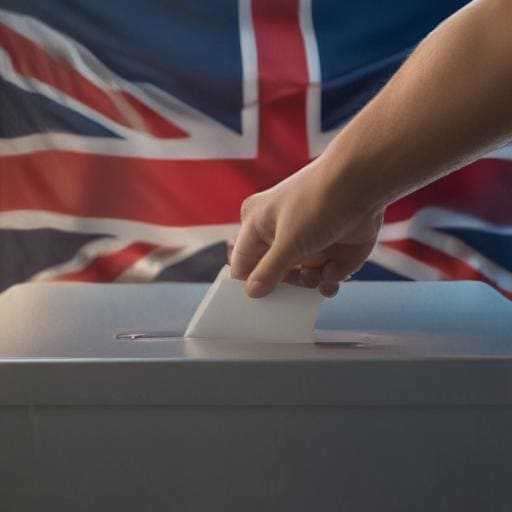The electoral system in Fiji is under scrutiny for lacking a meaningful connection between voters and their representatives. Daniel Fatiaki, the chairman of the Electoral Law Reform Commission and a former chief justice, expressed concerns during a recent discussion on The Lens@177. He questioned whether the current electoral model enables voters to genuinely identify and engage with their Members of Parliament (MPs).
Fatiaki compared the current system to previous electoral models, highlighting that older systems fostered familiarity between constituents and their representatives. “We grew up with constituencies where we voted for someone we knew,” he stated, emphasizing that today’s voters may struggle to identify their MPs, often only recalling a number from the ballot.
The commission is contemplating possible reforms, including revisiting provisions from the 1997 Constitution that allowed for elections within separate constituencies. “Our goal is to simplify the process, making it more user-friendly,” Fatiaki noted, aiming to eliminate barriers to voter participation. He proposed that if multiple votes are permitted under a new system, using separate, color-coded ballot papers could help mitigate voter confusion.
This sentiment echoes earlier critiques of the electoral system established under the 2013 Constitution, which has been labeled “ridiculous” and “incomprehensible” by legal experts like Fatiaki and constitutional lawyer Jon Apted. They argue that the system’s focus on a single national constituency undermines local representation, leading citizens to feel disconnected from their elected officials.
Moreover, the current electoral framework has raised concerns about candidates being elected with minimal vote counts, sometimes as low as a few hundred, which questions the legitimacy of these representatives. Despite these challenges, ongoing dialogues regarding electoral reform signal a hopeful potential for systemic change. As Fatiaki and others advocate for a more representative and user-friendly voting process, there is optimism that these discussions will lead to a more inclusive government structure, allowing greater civic engagement across Fiji.

Leave a comment